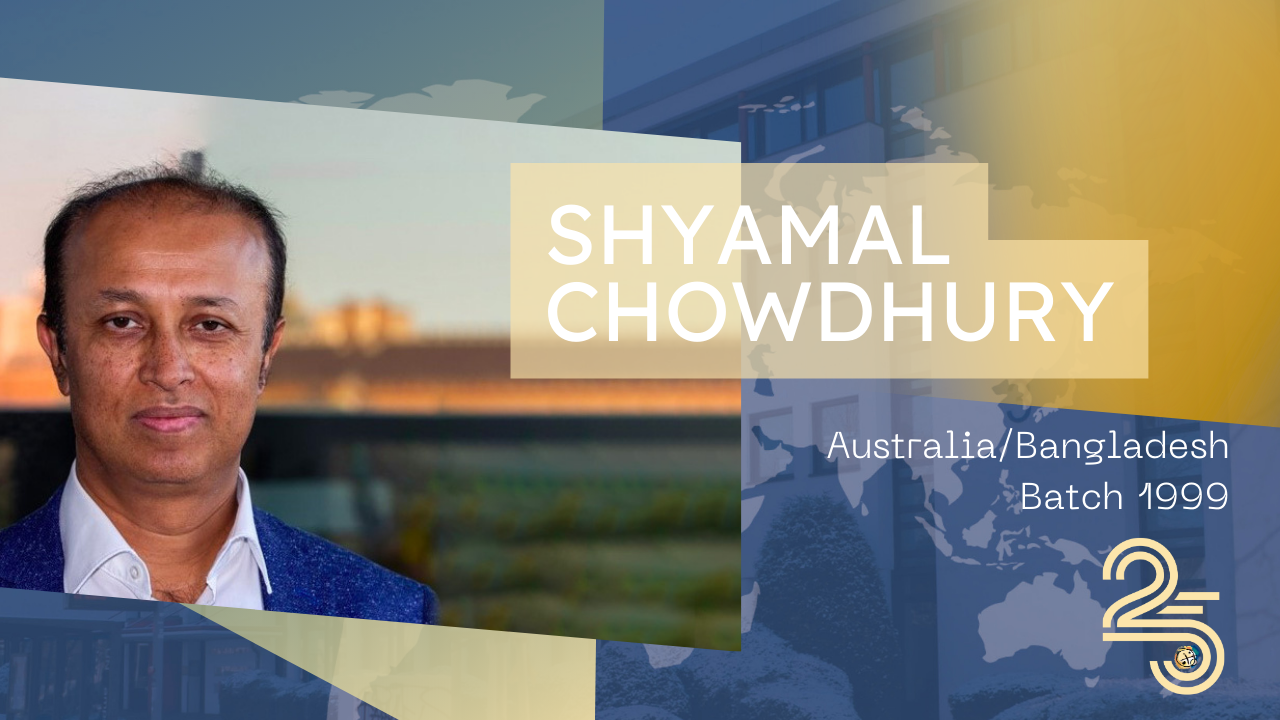“I am proud of the contributions I have been making to research and concrete policies”
Fact sheet
- Shyamal Chowdhury comes from Bangladesh
- PhD at ZEF: 1999-2003
- PhD topic: Institutional and Welfare Aspects of the Provision and Use of Information and Communication Technologies in the Rural Areas of Bangladesh and Peru
- PhD funding agency: German Academic Exchange Service (DAAD)
- Supervisor: Professor Joachim von Braun
- Career stations: Post-doctoral fellow, International Food Policy Research Institute, Washington DC, 2003 – 2006; Consultant, The World Bank, Washington DC, 2006 – 2007;
Since 2007: Subsequent positions at the University of Sydney: Lecturer, Senior Lecturer, Associate Professor and (since January 2022) Full Professor at School of Economics, Faculty of Arts and Social Sciences
Q&A with Shyamal
What was your motivation for conducting your doctoral research at ZEF?
Different factors played a role in making the decision in favor of ZEF. My interest was sparked by several research areas that ZEF was pursuing, although I eventually changed my initial proposal. The strongest appeal was ZEF’s focus on policy and applied research aimed at addressing global challenges, the availability of scholarships from the German government, the esteemed faculty at ZEF, and the location of Bonn as a city, its history, and, last but not least, ZEF’s affiliation with the University of Bonn.
Which aspects of your doctoral training had the biggest impact on your career and your current position?
It is more of a combination of skills learned. I learned a lot in terms of developing ideas and from receiving feedback from supervisors (in my case Professor von Braun) and ZEF senior researchers (such as Maximo Torero and Susanna Wolf), working independently of them, and networking with short- and long-term visitors (e.g., Professor Arnab Basu), as well as with other peers who became lifelong friends.
What are you most proud of in terms of what you have achieved career-wise so far?
I am proud of the contributions I made to research and policies, especially in the area of seasonal migration, which were published in Econometrica and replicated by several NGOs in multiple countries. I also worked on the formation of social and emotional skills, and results were not only published in the Journal of Political Economy but also implemented in public primary schools in Bangladesh. Another research topic that had concrete impact was, together with IFPRI, evaluating the resilience of social transfer programs in Bangladesh.
What is your best memory of at ZEF you’d like to share?
Too many to select from! However, the graduation ceremony that we, Daniela, Philip, Gi-Soon Song, and I celebrated together, followed by hosting a lively party, attended by numerous ZEF students, researchers, and professors, is a very memorable one.
ZEF and its Doctoral Program turn 25 this year. What are your wishes and suggestions for their future?
May it continue to flourish, maintaining both robustness and relevance as it tackles the development challenges faced by the Global South.

Photo by courtesy of Shyamal Chowdhury (speaking and standing in the photo on the right)



Leave a Reply